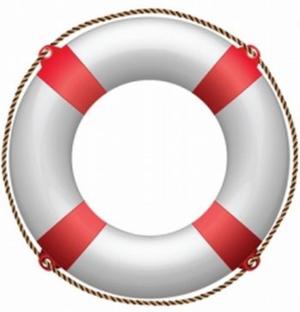Who Needs Recovery?
 Recovery involves the entire person: spiritual, physical, emotional and mental. You can recover from abuse, addiction, eating disorders, anxiety, shame, guilt, anger, alcoholism, codependency, suffering, grief, depression and more!
Recovery involves the entire person: spiritual, physical, emotional and mental. You can recover from abuse, addiction, eating disorders, anxiety, shame, guilt, anger, alcoholism, codependency, suffering, grief, depression and more!
You probably need to consider seeking help if:
The last thing in the world you want to do is talk about your possible areas of “stuckness”. Your life is getting to be a repeat of one disaster after another. You are finding you feel less and less in control over problems you once thought were under control. You have noticed an increase in the frequency of the behaviors that you believe are a problem (lying, stealing, drinking, eating, gambling, etc.) You have family members that have begun to show concern about problem areas in your life.
Who Needs Recovery? Read More »










